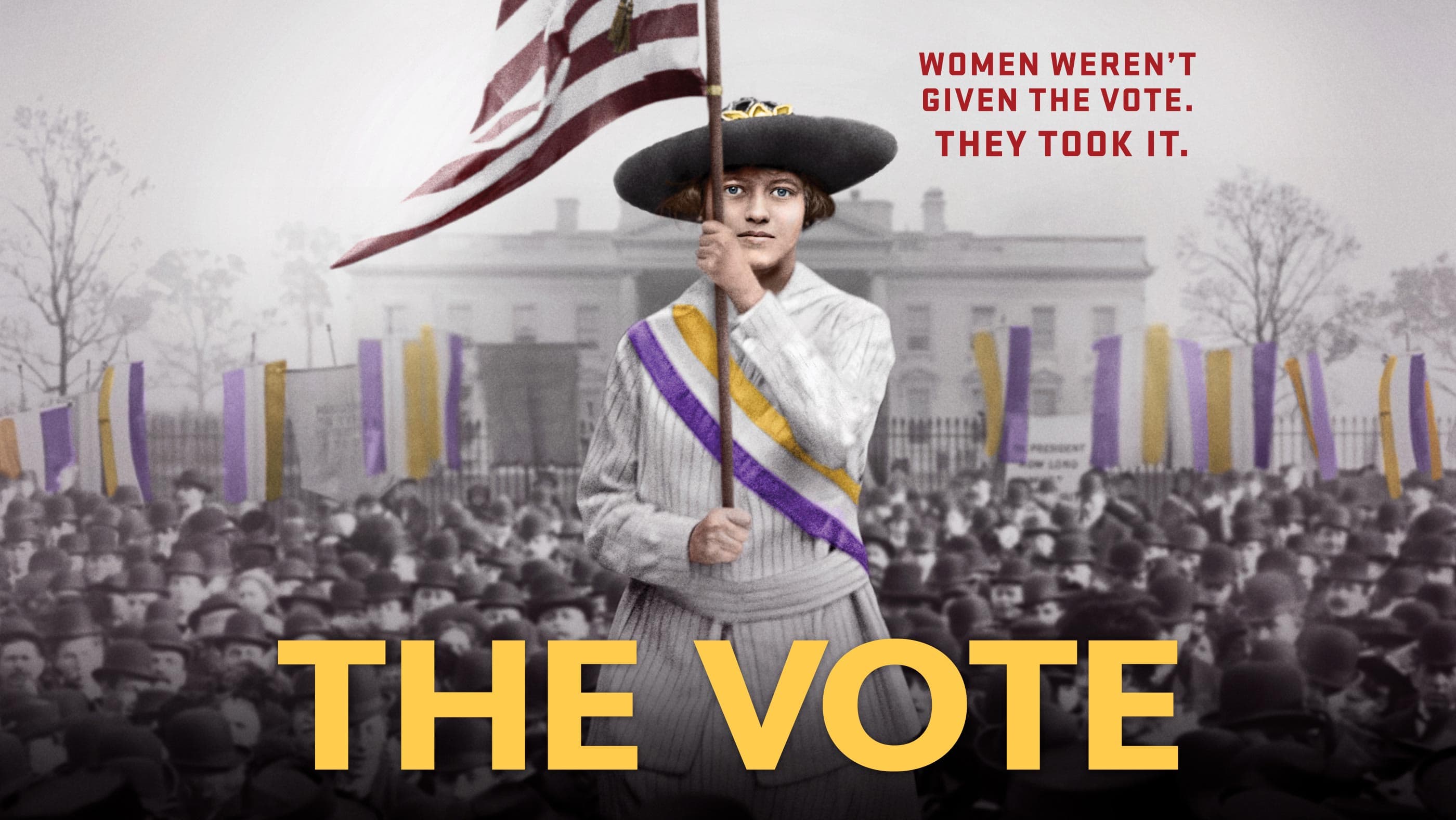Analyst Warns Child Voting Risks Politicizing Schools Amid Broader Age Debate

Prominent commentator Ed West has voiced strong opposition to the concept of child voting, labeling it a "very bad and cynical idea" and highlighting a significant concern that such a policy would "further politicise schools." His remarks contribute to an ongoing international discussion regarding the appropriate voting age and the readiness of young people for electoral participation.
"Child voting is a very bad and cynical idea, but one problem I didn't mention was that it would further politicise schools," West stated on social media.
West's critique centers on what he perceives as an inconsistency in societal expectations and legal frameworks concerning the maturity of young individuals. He argues that while the age for various responsibilities like purchasing alcohol or cigarettes, serving in the military, or undergoing certain medical procedures remains at 18 or higher, proposals to lower the voting age to 16 contradict the general trend of extending adolescence. He points to psychological and neuroscientific evidence suggesting that mental maturity often extends into the mid-20s.
The debate around lowering the voting age to 16, which has seen traction in several countries including Austria and Germany for European elections, involves various arguments. Proponents often cite the principle of "no taxation without representation," noting that 16- and 17-year-olds can work and pay taxes. They also suggest that early enfranchisement can foster lifelong voting habits and increase civic engagement.
However, critics, echoing West's sentiment, express concerns about the cognitive capacity and political susceptibility of younger voters. The potential for schools to become arenas for political campaigning and ideological influence is a central apprehension. This could place undue pressure on educational institutions and teachers, potentially compromising their impartiality and creating an environment where students might be vulnerable to manipulation rather than making informed, independent decisions.
While some studies indicate that 16-year-olds possess sufficient cognitive abilities for political decision-making and that civic education can enhance engagement, the question of how a lowered voting age would impact the neutrality of educational environments remains a key point of contention for figures like Ed West. The discussion continues to balance the rights of young people with concerns about their maturity and the integrity of democratic processes, particularly within school settings.